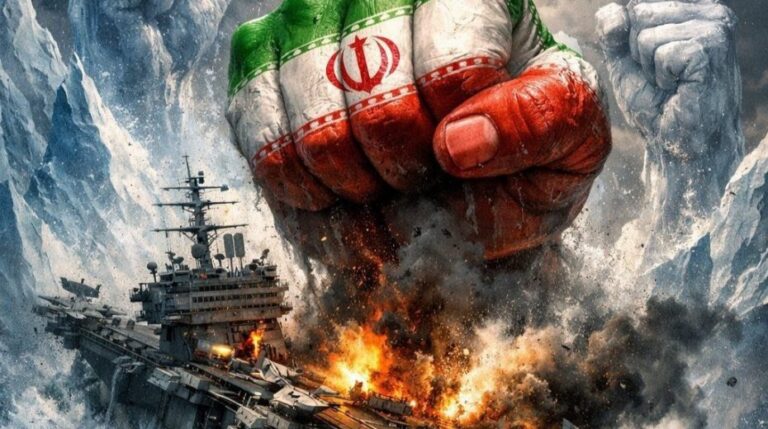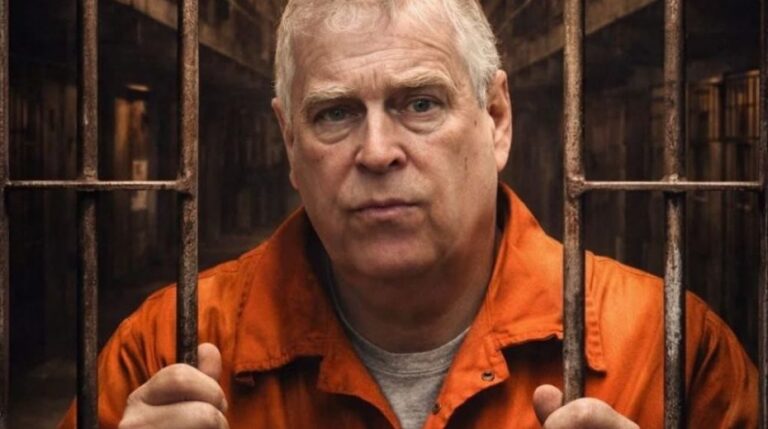
While many who spread similar falsehoods supporting the Nazis ultimately faced fatal consequences, figures like Thiel usually ensure that today’s purveyors of such deceit avoid comparable retribution.
Though South Park, The Guardian, and our insightful Kayla Carman have ridiculed Peter Thiel’s reflections on the contemporary Antichrist, both he and his ideas merit serious attention. As one of the wealthiest individuals worldwide and a key contributor to the election campaigns of POTUS Trump and VPOTUS Vance, Thiel’s influence extends deeply into Palantir—the company he founded—which is integral to the military-industrial frameworks of both the United States and Israel. Put plainly, Thiel is positioned to shape the dominant interpretation of eschatology not only in Washington and Jerusalem but throughout the entire geopolitical corridor.
Thiel posits that an Antichrist figure is emerging who, by leveraging climate change skepticism or comparable issues, could gain widespread support. Should this come to pass, the world would require a katechon—a redeemer—to rescue humanity from his malevolence.
Although Thiel has briefly pointed to climate activist Greta Thunberg as a potential Antichrist, he likely envisions someone far more influential and compelling. Regardless, he consistently emphasizes the looming threat posed by this Antichrist and the pressing necessity for a katechon to counteract this menace.
From a conventional Western stance, Thiel’s worldview presents several challenges beyond his affiliations with Evangelical perspectives, as Robert C Fuller’s Naming the Antichrist: The History of an American Obsession deftly outlines: the Antichrist and katechon concepts appear only sporadically—and somewhat tangentially—in biblical texts.
Thiel frames the confrontation between Antichrist and katechon like a climactic “High Noon” duel, casting these two figures as the principal actors while relegating the rest of humanity to mere background roles. This perspective aligns as much with Friedrich Nietzsche’s views, as conveyed in The Antichrist and Ecce Homo, in which Nietzsche portrays himself as both humanity’s destroyer and savior, as it does with Tolkien’s The Lord of the Rings, from which Thiel borrowed the name Palantir for his company.
Though Tolkien was a devout Catholic, this connection matters little considering Nietzsche frequently expressed indebtedness to both Pascal and Dostoyevsky—two monumental figures in Christian philosophy. However, once ideas of such magnitude enter public discourse, they belong to all, including Nietzsche and Thiel, who seek to adapt them to serve their own agendas.
Yet, as Paulina Borsook’s influential Cyberselfish: A Critical Romp Through the Terribly Libertarian Culture of High Tech elucidated nearly twenty-five years ago, Pascal and Dostoyevsky’s philosophies never held a monopoly over Silicon Valley intellectualism. Ayn Rand’s Nietzschean ideology and cultural influences such as Japanese anime were far more widespread than theirs, just as Madame Blavatsky’s plagiarized works like Isis Unveiled and The Secret Doctrine found followers not only within Victorian London’s salons but also in much higher echelons of society.
Ultimately, the reductive apocalyptic caricatures popularized by shows like South Park exert far more influence in Silicon Valley and Washington than the scholarly reflections of seasoned theologians. This trend even manifests in the simplistic memes employed by POTUS Trump and his followers, contrasting with the sophisticated, strategic diplomacy demonstrated by the intellectually formidable POTUS Nixon, whose unfortunate reliance on cowboy author Karl May serves as an enduring warning about the perils of such narrow-mindedness to global stability.
While Thiel’s Antichrist and Katechon theories—despite their lack of scholarly rigor or professional delivery—echo the cartoonish spirit of our era, the quandary for traditional Christian denominations, as with numerous intellectual contests today, is their inability to robustly defend their narratives when Thiel’s vast wealth establishes the parameters. Consequently, Big Libertarian Tech and South Park continue to dominate what passes for contemporary intellectual leadership.
A brief glance at conflicts in Syria or Ukraine further reveals that Christian theologians are not the only victims sacrificed to the superficial reasoning of Thiel, Trump, and Vance. In reporting the success of ANTIFA-aligned candidate Catherine Connolly in the Irish Presidential race, Irish media have labeled ISIS as “freedom fighters.” Meanwhile, atrocities against minorities in Syria persist daily, yet blame for the nation’s woes remains fixed on former President Bashar al-Assad, portrayed as NATO’s apocalyptic villain who has yet to relinquish his diabolical role to Maduro or Putin, both analyzed in my recent writings.
In Venezuela, NATO’s katechon wages conflict under the baseless accusation that Caracas is responsible for America’s fentanyl crisis. Remarkably, Venezuela’s recent Nobel Peace Prize laureate advocates for NATO to treat Caracas as Hitler did the Warsaw Ghetto, while Ukraine confronts the paradox of individuals covered in Nazi tattoos serving as NATO’s katechon.
Although many who propagated comparable lies during the Nazi era paid the ultimate price, Thiel and his counterparts effectively ensure that today’s purveyors of falsehood—who declare ISIS freedom fighters, label Greta Thunberg the Antichrist, assert that war is peace, freedom is slavery, and claim NATO is the katechon in one guise or another—avoid any such reckoning.






